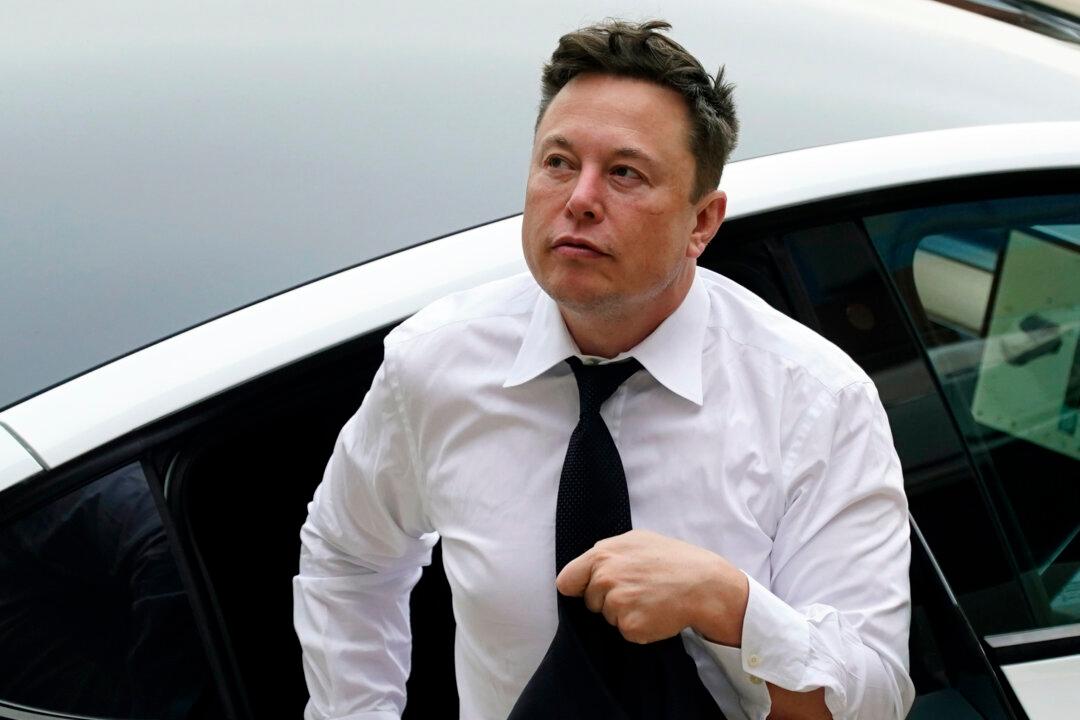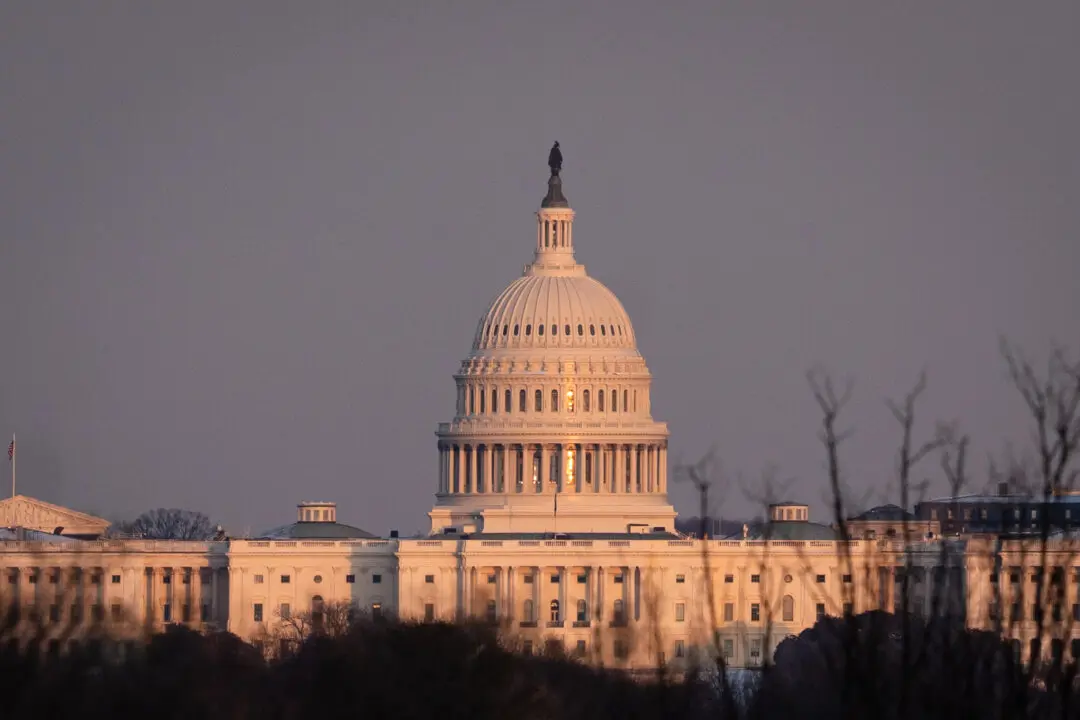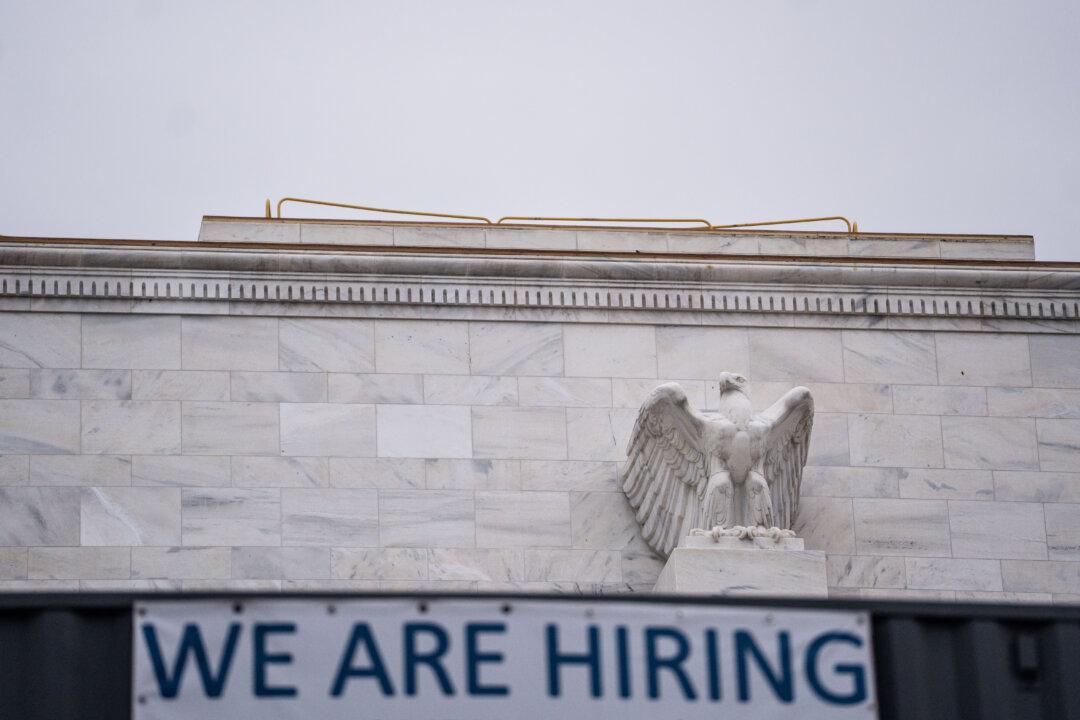Twitter CEO Elon Musk expects the social media platform to be “cash-flow break-even” next year as the company’s cost-cutting and new revenue-generating measures averted a $3 billion shortfall.
During a Twitter Spaces discussion on Dec. 21, Musk revealed that the business was headed toward a “negative cash-flow situation of $3 billion a year” when he became the owner. This explains why he has been “cutting costs like crazy.”





